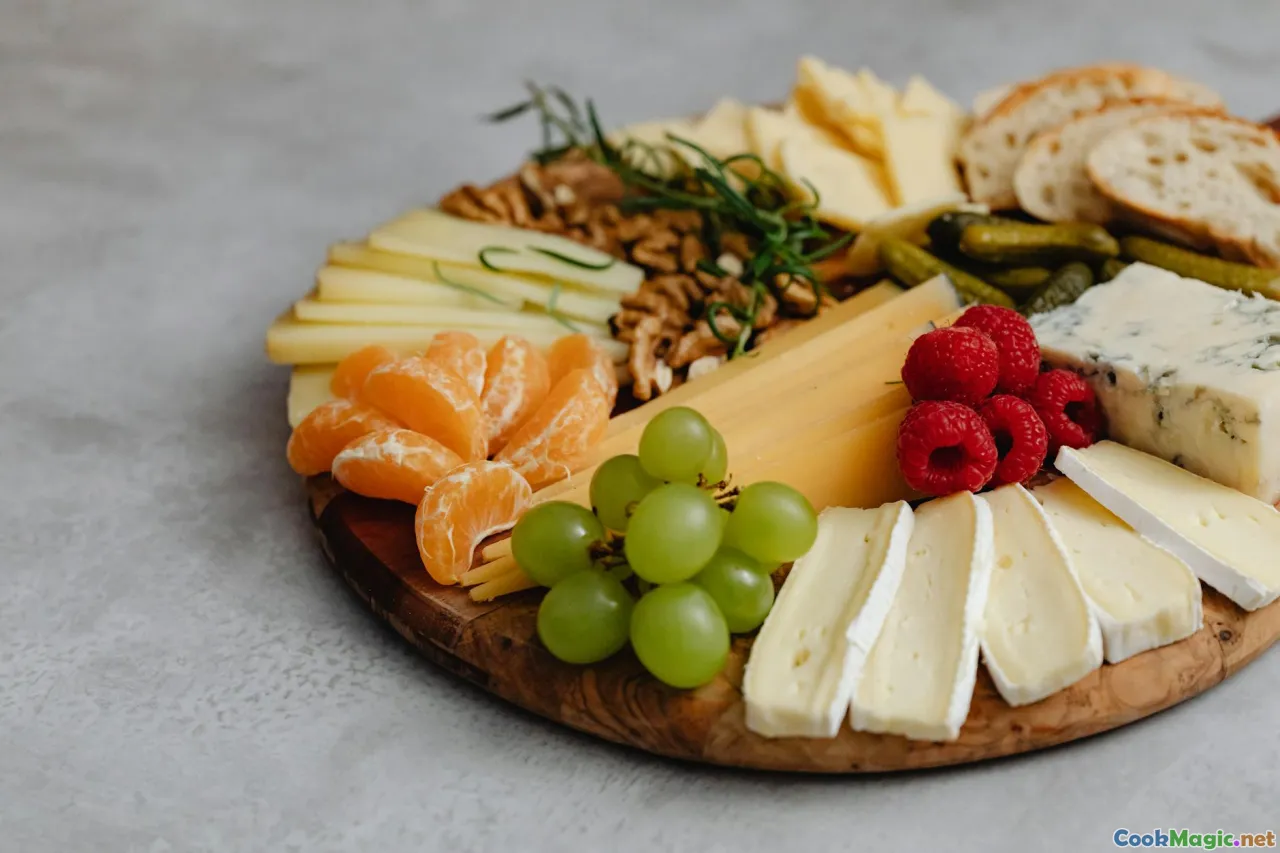Top 5 Papuan Delicacies You Must Try Today
8 min read Explore the top 5 must-try delicacies of Papuan cuisine, immersing yourself in their cultural richness and exquisite flavors. April 16, 2025 10:00
Top 5 Papuan Delicacies You Must Try Today
Papua, the easternmost province of Indonesia, is a land steeped in tradition, culture, and a stunning array of natural beauty. But beyond its breathtaking landscapes and vibrant communities lies a culinary treasure trove waiting to be discovered. Papuan cuisine is a reflection of the region’s rich cultural tapestry, shaped by diverse indigenous peoples and their practices. In this article, we will explore five must-try Papuan delicacies that not only tantalize the taste buds but also tell a story of the land and its people.
1. Papeda: The Staple of the Coast

At the heart of Papuan cuisine lies Papeda, a staple food made from sago flour. This traditional dish is a nod to the coastal communities that have relied on sago palms as a primary source of sustenance for centuries. The preparation of Papeda is an art form in itself; the sago flour is mixed with water and stirred continuously over heat until it transforms into a thick, sticky, and translucent porridge-like consistency. The dish is often served with a rich fish soup called Ikan Kuah Kuning, made from fresh fish, turmeric, and various spices.
Cultural Significance
Papeda is more than just food; it represents community and tradition. In many Papuan cultures, the preparation and consumption of Papeda are communal activities, bringing families together. As you take a bite, the soft, gooey texture melds with the savory soup, creating a flavor experience that is both comforting and deeply satisfying. It's a meal that speaks of home, heritage, and the sea.
2. Karedok: A Fresh and Crunchy Delight

If you’re looking for a dish that bursts with freshness, Karedok is a salad that you simply cannot miss. Made from a medley of fresh, raw vegetables like cucumber, bean sprouts, and long beans, this salad is dressed in a peanut sauce that is both rich and nutty. The crunch of the vegetables, combined with the creamy sauce, creates a delightful contrast that is refreshing and invigorating.
A Personal Anecdote
During my visit to Papua, I had the pleasure of dining with a local family who insisted that I try Karedok made from their homegrown vegetables. As I took my first bite, I was transported to a world of flavors; the earthiness of the vegetables was perfectly complemented by the umami of the peanut sauce. It was a simple dish, yet it encapsulated the essence of Papuan hospitality.
3. Babi Panggang: The Ultimate Feast

Babi Panggang, or grilled pork, is a festive dish often reserved for special occasions and celebrations. The pork is marinated with a blend of spices, including garlic, coriander, and soy sauce, before being slow-cooked over an open flame. The result is a succulent, smoky flavor that is utterly irresistible.
Tradition Meets Flavor
In Papua, Babi Panggang is often served during ceremonies and gatherings, symbolizing abundance and community. The aroma of the grilling meat wafts through the air, attracting friends and family to share in the feast. As you savor each tender bite, you're not just enjoying a meal; you're participating in a tradition that has been passed down through generations.
4. Sate Kambing: A Skewered Delight

Sate Kambing, or goat satay, is a popular street food that showcases the flavors of Papua. Tender chunks of marinated goat meat are skewered and grilled to perfection, often served with a side of spicy sambal and rice. The combination of smoky, charred meat with the heat of the sambal creates a flavor explosion that is both satisfying and exhilarating.
A Street Food Experience
One evening, I found myself wandering through the bustling streets of Jayapura, drawn in by the irresistible scent of Sate Kambing sizzling on the grill. I joined a small crowd gathered around a local vendor, each person eagerly awaiting their turn to indulge. As I savored the first bite, the spices danced on my palate, and I understood why this dish is a beloved staple among locals.
5. Ubi Jalar: The Sweet Side of Papua

Lastly, we must celebrate Ubi Jalar, or sweet potatoes, which are a cherished ingredient in Papuan cuisine. Often steamed or roasted, these vibrant orange tubers are sweet, creamy, and packed with nutrients. They can be enjoyed on their own or incorporated into dishes like Kue Ubi, a delicious sweet cake made from mashed sweet potatoes and coconut.
A Taste of Home
During one of my interactions with a local woman, she shared her family recipe for Kue Ubi. As we mixed the ingredients together, she spoke of how sweet potatoes were a staple in her childhood, often served during family gatherings. The joy in her eyes as she recalled these memories was infectious, and as I tasted the finished product, I felt a deep connection to the land and its people.
Conclusion: A Culinary Journey Worth Taking
Exploring the delicacies of Papuan cuisine is not just about feeding the body; it’s an immersive experience that nourishes the soul. Each dish tells a story, rooted in the rich culture and traditions of the Papuan people. From the communal preparation of Papeda to the festive spirit of Babi Panggang, these culinary treasures invite you to partake in a world of flavors, aromas, and memories.
So, whether you're a seasoned traveler or a curious food lover, make it a point to seek out these Papuan delicacies. They are not merely meals; they are a celebration of life, culture, and the beautiful land that is Papua.









